India–US Trade Tensions Rise Over Steel and Auto Tariffs NMDC Limited reports a 38% drop in Q4 FY24 consolidated net profit RINL to Raise $23 Million Through Land Sales Amid Crisis

In a major push to India's infrastructure development, state-owned REC Ltd has declared its ambitious plan to raise its financial sanctioning in the infrastructure space including roads and highways to ₹1 lakh crore in the current financial year. This strategic move marks a crucial surge from the previous year's sanctioning of ₹85,000 crore. This declaration was made by Chairman and Managing Director Vivek Kumar Dewangan, who outlined the company's broader vision of expanding its portfolio, not just in the traditional power sector, but also in the burgeoning logistics and renewable energy sectors. "In the current year, we are expecting total sanctions in the non-power and logistics sector to surpass ₹1 lakh crore, a considerable increase from last year's ₹85,000 crore," Dewangan said. In line with the national focus on renewable energy, REC also aims to scale up its portfolio in this sector.
The company has set a target to enhance its renewable energy portfolio tenfold, aiming to reach ₹3 lakh crore by 2030, up from the current ₹30,000 crore. Dewangan said, "Our renewable energy portfolio will witness a tenfold increase to ₹3 lakh crore, and our asset under management is expected to grow to ₹10 lakh crore." During the 2022-23 financial year, REC's sanctioning to the logistics sector was over ₹85,000 crore, a significant part of its total sanction of ₹2.68 lakh crore. "Last year, about 32% of our total sanctions were directed towards non-power ventures in logistics," the chairman and managing director informed. The company's asset under management has seen robust growth in the current financial year, reaching ₹2.75 lakh crore in the first half, showcasing a growth rate of 20%, a marked improvement over the previous year's 13%. Highlighting the need for robust financing mechanisms in the road and highway sector, especially in Public-Private Partnership (PPP) mode, Dewangan emphasized the critical role of private sector funding. He referred to the ministry of road transport and highways' (MoRTH) ambitious targets, including the bidding of BOT projects worth ₹2 lakh crore by March 2024 and the Bharatmala Phase-1 project, whose cost has escalated to ₹11 lakh crore, necessitating significant private sector funding.
Also Read : India imposes 3-year safeguard duty on select steel imports Southern Railway Construction Organisation to take up final location survey for track doubling of Tiruchi - Karur BG section